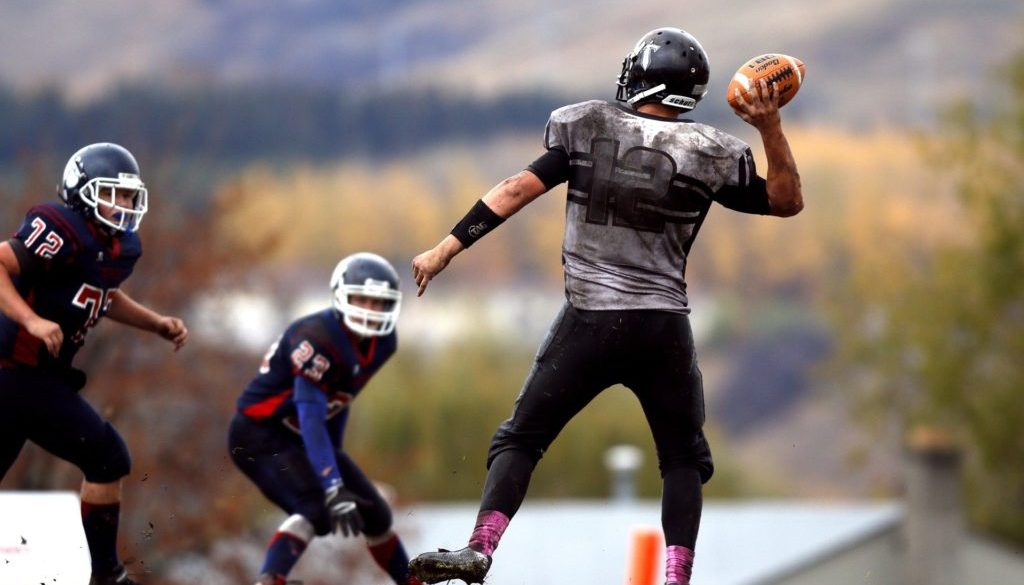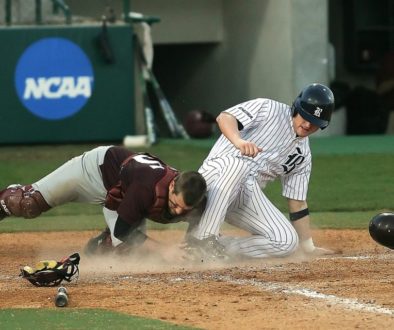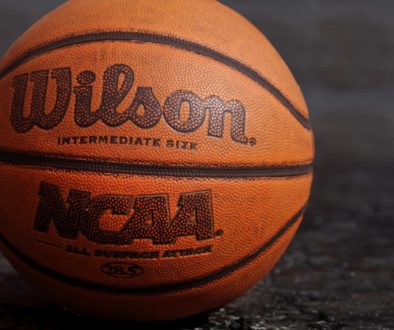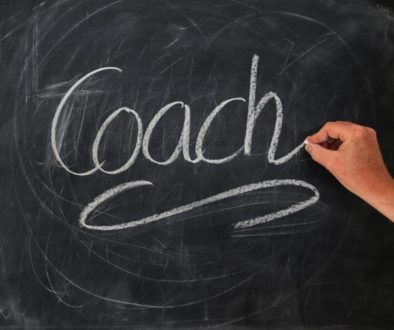NCAA Transfer Exceptions and Waivers
Little is more important to student-athletes than their eligibility to compete at his or her respective sport. Navigating the National Collegiate Athletic Association’s (“NCAA”) transfer process is complex and often very confusing due to the NCAA’s intricate web of rules and regulations that determine not only when and where student athletes can transfer, but also whether they can receive a scholarship and when they are eligible to compete.
Typically, undergraduate student-athletes who compete at a Division I school and transfer to another Division I school must complete an NCAA-mandated academic year-in-residence before taking the field for their new team. Despite this mandate, NCAA rules and regulations do permit some exceptions to this general rule, which allow eligible student-athletes who qualify and/or receive waivers to compete for their new schools immediately.
Below is a list of NCAA legislated exceptions and waiver requests a student-athlete and his or her new school may file to obtain immediate eligibility for the student athlete to compete:
- One-Time Transfer Exception
- Graduate Transfer Exception
- Graduate Transfer Waiver
- Family Hardship Waiver
- Discontinued Academic Program Exception
- Military Service Exception
- Discontinued/Non-sponsored Sport Exception
- Two-Year Non-Participation/Minimal Participation Exception
- Return to Original Institution without Participation or with Minimal Participation Exception
- Non-recruited Student Exception
- Documented Mitigating Circumstances Outside Student-Athlete’s Control Waiver
If the student-athlete meets one of the above legislated exceptions, it means the specific regulation will not apply to the student-athlete. However, one only need read the college sports headlines to realize just meeting one of these exceptions does not automatically make a student-athlete eligible to compete immediately.
The Diefenbach Group understands that little is more important to a student-athlete than his or her eligibility to compete. The Diefenbach Group is here to help student-athletes, coaches and institutions navigate the figurative minefield of the NCAA transfer process.




